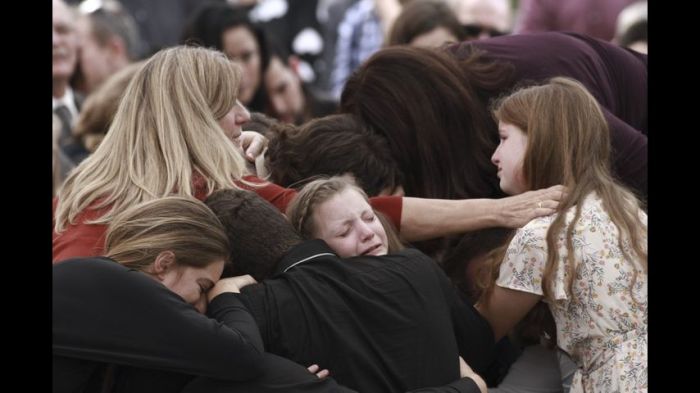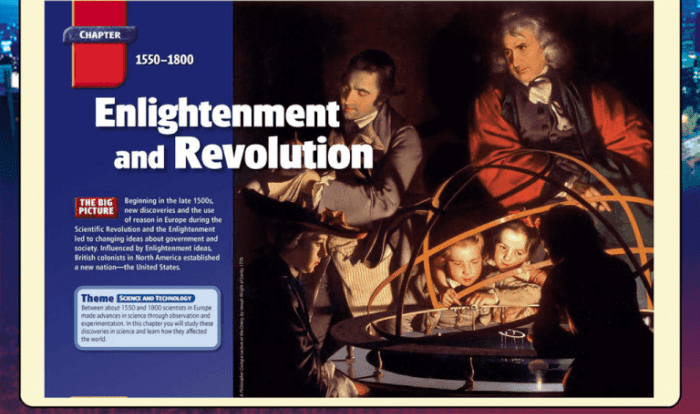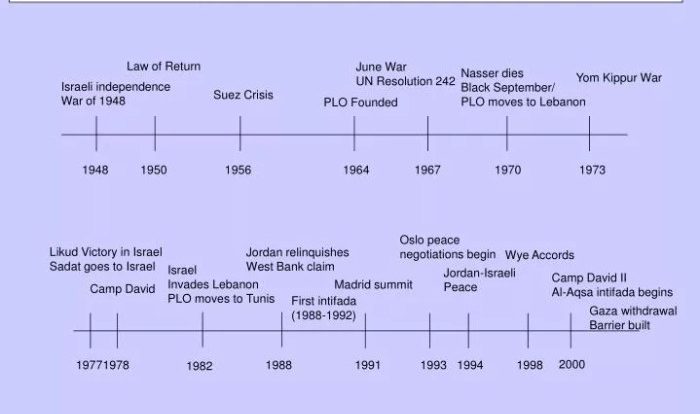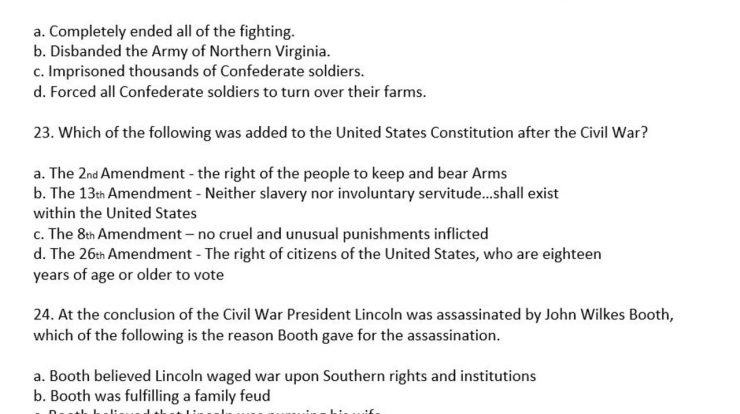Conservatism and the Rise of Ronald Reagan takes center stage, beckoning readers into a world crafted with meticulous research and incisive analysis. This exploration delves into the historical context, core conservative beliefs, and lasting legacy of Reagan’s presidency, providing a comprehensive understanding of its impact on American politics and society.
Reagan’s election in 1980 marked a significant turning point, ushering in an era of conservative dominance that reshaped the Republican Party and the broader political landscape. His policies, driven by a belief in limited government, free markets, and traditional values, left an enduring mark on the nation, sparking debates that continue to resonate today.
Historical Context
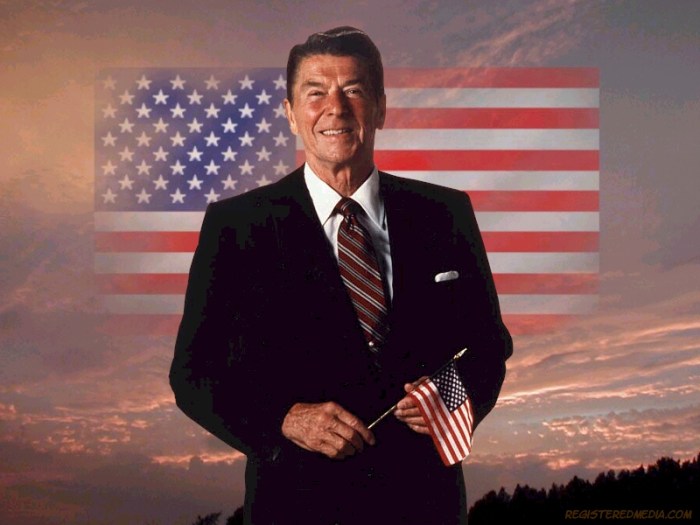
The United States in the late 1970s was a nation grappling with economic stagnation, rising inflation, and social unrest. The Vietnam War had eroded public trust in government, while the Watergate scandal had shaken the foundations of the political system.
Simultaneously, the country was experiencing significant social and cultural changes. The Civil Rights Movement had made progress in addressing racial inequality, but tensions remained. The women’s rights movement was gaining momentum, challenging traditional gender roles.
Ronald Reagan, a former actor and politician, emerged as a charismatic leader who tapped into the growing conservative sentiment of the time.
Reagan’s Conservative Philosophy
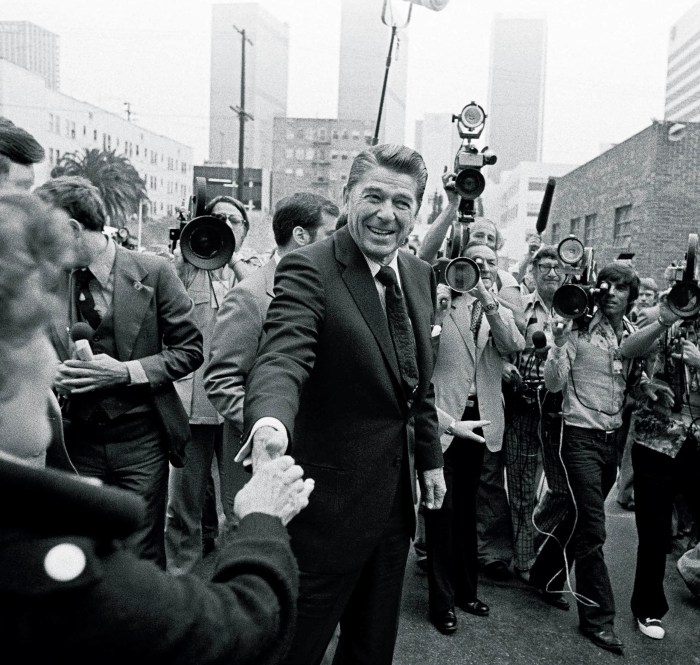
Reagan’s conservatism was rooted in the belief in limited government, free markets, and individual responsibility. He argued that government intervention in the economy stifled economic growth and created dependency.
Reagan was influenced by conservative intellectuals like Milton Friedman and Friedrich Hayek, who advocated for free market principles. He also drew inspiration from the conservative movement’s emphasis on traditional values and strong national defense.
Reagan’s philosophy differed from previous Republican presidents in its emphasis on reducing the size and scope of government. He sought to reverse the New Deal and Great Society programs that had expanded the federal government’s role in the economy and social welfare.
Reagan’s Election and Presidency: Conservatism And The Rise Of Ronald Reagan
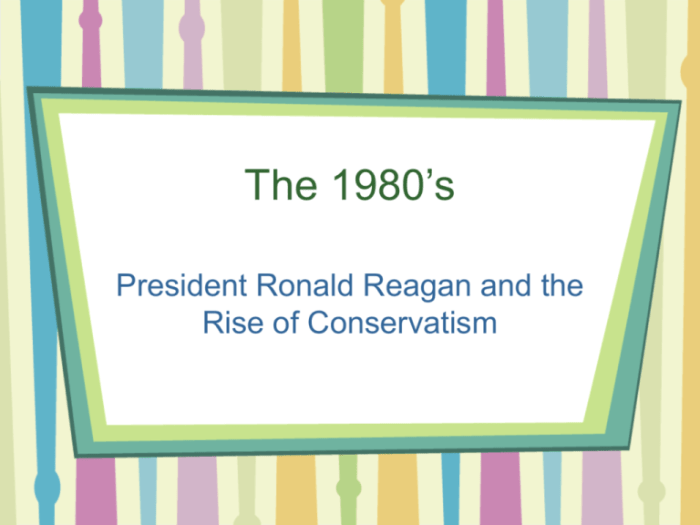
Reagan won the 1980 presidential election in a landslide victory, defeating incumbent President Jimmy Carter. His campaign capitalized on public dissatisfaction with the economy and promised to restore American greatness.
During his presidency, Reagan implemented a series of conservative policies known as “Reaganomics.” These included tax cuts, deregulation, and a reduction in government spending. Reagan also increased defense spending and pursued a hardline foreign policy, including the invasion of Grenada and the bombing of Libya.
Reagan’s policies had a profound impact on the United States. The economy experienced strong growth, but also increased inequality. Reagan’s foreign policy contributed to the end of the Cold War, but also strained relations with some allies.
The Legacy of Reagan’s Conservatism
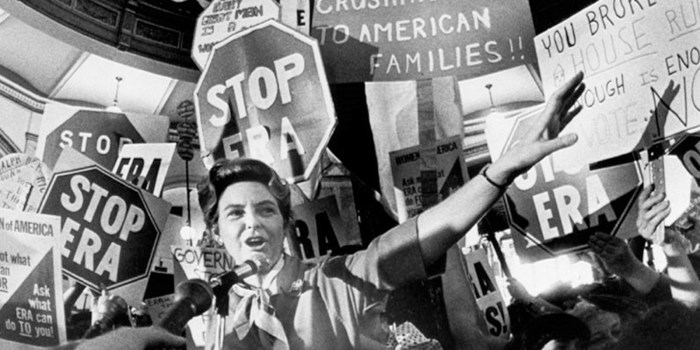
Reagan’s presidency left a lasting legacy on American politics and society. His conservative philosophy became the dominant ideology of the Republican Party and shaped the political landscape for decades to come.
Reagan’s legacy has been debated by historians and political scientists. Some argue that his policies contributed to economic growth and a stronger national defense, while others contend that they led to increased inequality and weakened social safety nets.
Reagan’s conservatism has also had a global impact. His ideas have influenced conservative movements in other countries, contributing to the rise of modern conservatism and the spread of free market principles worldwide.
Common Queries
What were the key factors that contributed to Reagan’s election in 1980?
Reagan’s election was influenced by a combination of factors, including public dissatisfaction with the incumbent Democratic president Jimmy Carter, a strong economic recession, and Reagan’s effective campaign strategy that emphasized conservative values and promised change.
How did Reagan’s conservative philosophy differ from that of previous Republican presidents?
Reagan’s conservatism was characterized by a strong emphasis on individualism, free markets, and a limited role for government. This differed from the more moderate approach of previous Republican presidents, who were more willing to intervene in the economy and support social programs.
What were the major domestic policy initiatives of Reagan’s presidency?
Reagan’s domestic policy initiatives included tax cuts, deregulation, and a reduction in government spending. These policies were aimed at stimulating economic growth and reducing the role of government in the economy.
How did Reagan’s foreign policy differ from that of his predecessors?
Reagan’s foreign policy was characterized by a more confrontational approach towards the Soviet Union, increased military spending, and support for anti-communist movements around the world.
What is Reagan’s legacy and how has it shaped American politics?
Reagan’s legacy is complex and contested. He is credited with restoring economic prosperity and strengthening American military power. However, his policies also contributed to increasing income inequality and the rise of the national debt.
